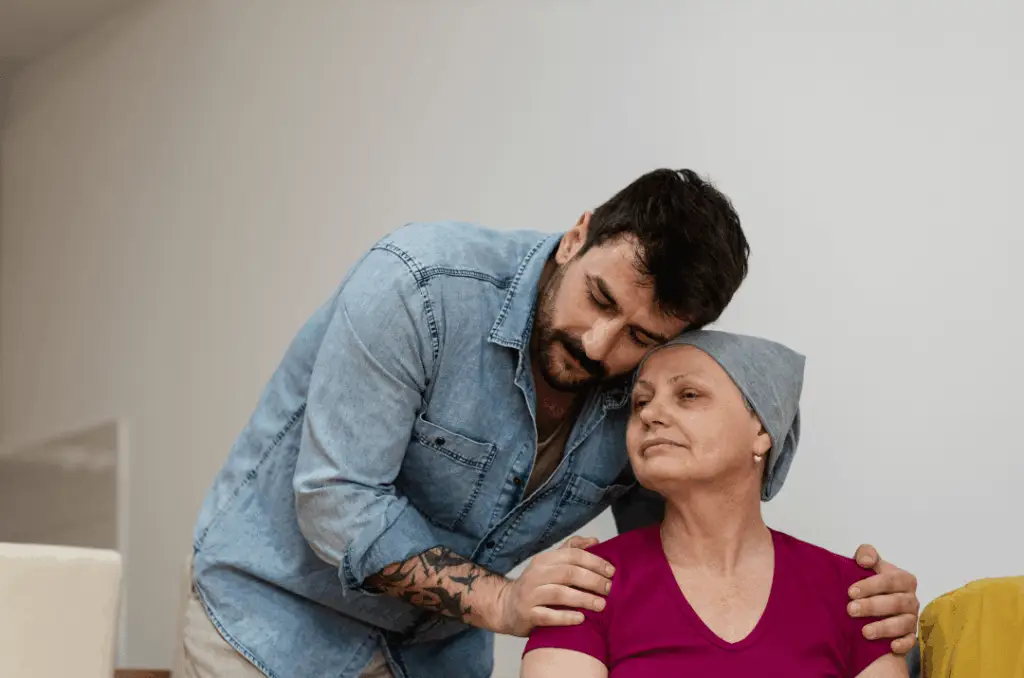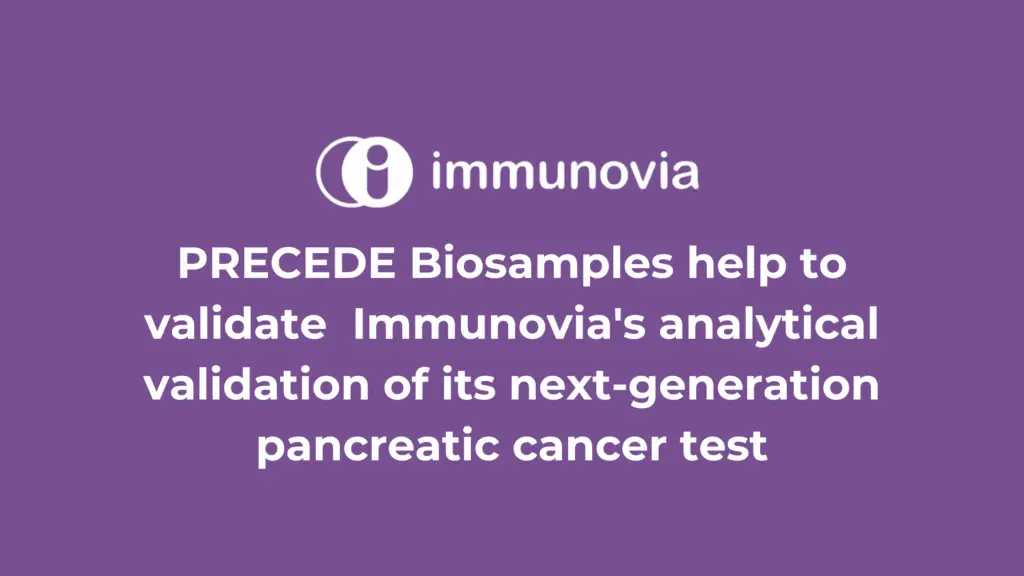The pancreas is a small yet vital organ that performs essential functions in digestion and blood sugar regulation. It produces digestive enzymes to break down food and hormones like insulin to control blood sugar. However, when this organ becomes damaged or inflamed, it can lead to serious health conditions, including pancreatitis, diabetes, and even pancreatic cancer. Although a healthy diet alone can’t prevent or cure pancreatic cancer, certain foods may help protect the pancreas, reduce inflammation, and support overall wellness. This blog explores how dietary choices may contribute to pancreatic health, particularly in relation to the risk of pancreatic cancer.
Why Pancreatic Health Matters
The pancreas is responsible for two essential functions: producing enzymes that break down food and secreting insulin to regulate blood sugar. When the pancreas is functioning properly, it efficiently supports digestion and metabolic balance.
However, pancreatic cancer is particularly dangerous because it is often diagnosed late, after the cancer has spread. The exact cause of pancreatic cancer is not always clear, but lifestyle factors, including diet, can contribute to either increasing or reducing the risk. Chronic inflammation, oxidative stress, and insulin resistance are believed to contribute to the development of pancreatic cancer. Eating nutrient-dense foods that help reduce these factors may help reduce your risk and support the healing process if cancer is present.
Foods That Support Pancreatic Health and May Help Reduce the Risk of Pancreatic Cancer
-
Antioxidant-Rich Fruits and Vegetables
Fruits and vegetables are rich in antioxidants, which neutralize harmful free radicals and reduce oxidative stress, both of which are associated with pancreatic damage and cancer development. Antioxidants also support the body’s immune system, making it better equipped to fight off abnormal cell growth. Best choices include:
- Blueberries
- Cherries
- Spinach
- Kale
- Red cabbage
These foods are packed with vitamins A, C, and E, which protect cells from oxidative damage. They also contain phytonutrients that have anti-inflammatory properties, crucial in reducing cancer risk. Consuming a variety of colorful produce helps provide a broad range of nutrients that support overall health and well-being.
-
Whole Grains
Whole grains are rich in fiber, which helps stabilize blood sugar levels and reduce strain on the pancreas. Refined carbohydrates, like white bread and sugary foods, can cause insulin spikes, which put stress on the pancreas and may contribute to cancer risk. Pancreas-friendly whole grains include:
- Brown rice
- Quinoa
- Oats
- Barley
Incorporating whole grains into your diet can help maintain blood sugar levels and prevent insulin resistance, a key factor in the development of pancreatic cancer. The fiber in whole grains also promotes healthy digestion, reducing inflammation and protecting the pancreas.
-
Healthy Fats in Moderation
While unhealthy fats can stress the pancreas, certain healthy fats provide anti-inflammatory benefits and support overall pancreatic health. Inflammation is a significant factor in pancreatic cancer, so consuming moderate amounts of healthy fats can help reduce this risk. Good sources of healthy fats include:
- Avocados
- Olive oil
- Nuts (like almonds and walnuts)
- Seeds (like flax and chia)
These unsaturated fats support immune function and nutrient absorption. However, it’s important to consume these fats in moderation, as excessive fat intake can overwhelm the pancreas, especially for individuals with pancreatic cancer or pancreatitis.
-
Lean Proteins
Protein is essential for repairing tissues and maintaining muscle mass, especially for those undergoing cancer treatment. However, fatty cuts of meat can exacerbate inflammation and increase cancer risk, so choosing lean proteins is a healthier option. Healthy protein options include:
- Skinless poultry
- White fish (like cod or tilapia)
- Tofu
- Legumes (like lentils and chickpeas)
Opting for lean, plant-based proteins can provide essential amino acids while avoiding the inflammatory effects of red meats and processed meats. Grilling, steaming, or baking these proteins is a healthier cooking method than frying.
-
Probiotic and Fermented Foods
Gut health is closely linked to pancreatic health. A healthy gut microbiome supports immune function and may help prevent chronic inflammation, which is a key player in the development of pancreatic cancer. Probiotic-rich foods can also enhance digestion and strengthen the body’s ability to absorb nutrients. Helpful fermented foods include:
- Plain yogurt with live cultures
- Kefir
- Sauerkraut
- Kimchi
- Miso
These fermented foods provide beneficial bacteria that balance the gut microbiome, helping reduce systemic inflammation and promoting overall health. Be mindful to choose versions without added sugars or high sodium content, which could counteract the benefits.
-
Hydration and Herbal Support
Staying hydrated is essential for maintaining the proper function of the pancreas, especially when dealing with conditions like pancreatic cancer. Water supports digestion, nutrient transport, and the production of digestive enzymes, all of which are important for pancreatic health. Tips for hydration and herbal support:
- Drink at least 8 cups of water daily.
- Herbal teas like ginger, chamomile, and turmeric have anti-inflammatory properties and may help alleviate some symptoms of pancreatic inflammation.
- Avoid sugary drinks, alcohol, and excessive caffeine, which can irritate the pancreas and exacerbate inflammation.
Herbal teas, such as ginger and turmeric, have been studied for their potential to reduce inflammation and may offer benefits to those dealing with pancreatic cancer.
Foods to Limit or Avoid for Pancreatic Health
Certain foods are known to increase the risk of pancreatic cancer and should be limited or avoided to protect the pancreas. Foods to avoid or limit include:
- Fried and greasy foods: These are high in unhealthy fats that are difficult for the pancreas to process and can worsen inflammation.
- Processed meats: Bacon, sausage, and deli meats are linked to higher rates of pancreatic cancer due to their high levels of nitrates and saturated fats.
- Sugary foods and refined carbs: Candy, soda, white bread, and pastries can cause blood sugar spikes, promoting insulin resistance and inflammation.
- Alcohol: Excessive alcohol consumption is a major risk factor for both pancreatitis and pancreatic cancer.
Limiting these foods can help reduce the load on your pancreas and lower the risk of developing pancreatic cancer or other pancreatic diseases.
Lifestyle Tips to Complement a Pancreas-Friendly Diet
In addition to dietary changes, certain lifestyle habits can significantly support pancreatic health, especially for those concerned about pancreatic cancer. Helpful lifestyle tips include:
- Eat smaller, more frequent meals: This reduces the digestive workload and is gentler on the pancreas.
- Exercise regularly: Physical activity helps regulate blood sugar and supports healthy weight management, both of which are important in reducing cancer risk.
- Quit smoking: Smoking is a known risk factor for pancreatic cancer, and quitting can dramatically lower your chances of developing the disease.
- Get regular checkups: Especially if you have a family history of pancreatic cancer or other risk factors, routine health screenings are essential for early detection.
- Manage stress: Chronic stress can impact the body’s immune function and digestion. Practices like yoga, meditation, or simple relaxation techniques can help support pancreatic health.
Supporting pancreatic health through a diet rich in whole grains, lean proteins, healthy fats, and antioxidant-rich fruits and vegetables may not only promote a healthier pancreas but also lower the risk of pancreatic cancer. While no food can prevent or cure cancer, the foods you choose can significantly impact your body’s ability to fight inflammation, manage blood sugar, and maintain overall health. Always consult with a healthcare provider before making significant changes to your diet, especially if you are managing a pancreatic condition.
By adopting a pancreas-friendly diet and lifestyle, you are taking proactive steps toward improving your long-term health and reducing the risk of pancreatic cancer.
How TrovaNow Can Support Your Health Journey
At TrovaNow, we understand the importance of taking care of your health, especially when facing serious conditions like pancreatic cancer. Our platform offers helpful resources, advice, and support to guide you in making informed health decisions.
We also support pancreatic cancer research and awareness initiatives. By donating or learning more about these efforts, you can help improve outcomes for those affected by the disease. Visit TrovaNow to learn more and get involved.





